Mathematics
Staff
Head of Department Mr. B. Faith
Teacher Mrs R. Briggs
Teacher Ms M. Wan
Curriculum
Our pupils are encouraged to strive for high academic standards and achievements. The department hopes to:
- Enable pupils to develop their mathematical knowledge and oral, written and practical skills in a manner which encourages confidence and a positive attitude towards this subject.
- Develop a feel for numbers, carry out calculations and understand the significance of results obtained.
- Provide each pupil such mathematics as may be needed for the study of other subjects
- Apply mathematics in everyday situations and develop an understanding of the part which mathematics plays in the world around them.
- Make each pupil aware that mathematics provides him/her with powerful means of communication by developing the idea of a disciplines and logical approach to problem solving.
GCSE
All pupils will be entered for the GCSE specification offered by CCEA.
At the end of Year 11, pupils will sit either Module Unit M3 or M4. After receiving their result in August all M3 pupils have three options:
1. “Bank” their result if they have met or surpassed their target grade.
2. Re-sit the M3 paper in Year 12 if they believe they can improve further.
3. “Upgrade” to M4 in Year 12 if they have performed exceptionally well.
After receiving their result in August all M4 pupils have two options:
1. “Bank” their result if they have met or surpassed their target grade.
2. Re-sit the M4 paper in Year 12 if they believe they can improve further.
All pupils who wish to continue mathematics to A Level must study the M4 & M8 modules and ideally have attained at least a good grade A at GCSE. It is not, however, a pre-requisite that a pupil has studied GCSE Further Mathematics.
|
HIGHER TIER MODULE UNIT |
ASSESSMENT |
WEIGHTING |
YEAR |
|||
|
M3 or M4 |
One Paper With Calculator (2hrs) |
45% |
11 |
|||
|
M7 or M8 |
Paper 1 Non-Calculator (1hr 15 mins)
Paper 2 Calculator (1hr 15 mins) |
55% |
12 |
|||
|
Possible Paper Combinations |
Maximum Grades Available |
|||||
|
M3 and M7 |
B |
|||||
|
M3 and M8 |
A |
|||||
|
M4 and M7 |
A |
|||||
|
M4 and M8 |
A* |
|||||
GCSE FURTHER MATHEMATICS
All pupils in Group 1 will be entered for GCSE Further Mathematics at the end of Year 12.
In order to facilitate this course in Year 12, Group 1 pupils will cover the entire content of the GCSE Mathematics course in Year 11 (the accelerated programme), sit the M4 Module at the end of Year 11 followed by the M8 Module at the end of Year 12.
This will then allow Group 1 pupils to study the GCSE Further Mathematics course in Year 12.
The GCSE Further Mathematics specification encourages pupils to extend their mathematical skills, knowledge and understanding.
This qualification targets all pupils in Group 1 who require knowledge of mathematics beyond GCSE Mathematics. It broadens the experience of these pupils who are capable of working beyond the limits of GCSE Mathematics (Higher Tier) and especially those who want to progress to AS/A2 level courses.
|
MODULE UNIT |
ASSESSMENT |
WEIGHTING |
YEAR |
|
Unit 1 Pure Mathematics |
One Paper With Calculator (2hrs) |
50% |
12 |
|
Unit 2 Mechanics |
Paper 1 Calculator (1hr) |
25% |
12 |
|
Unit 3 Statistics |
Paper 2 Calculator (1hr) |
25% |
12 |
AS/A2
We follow the CCEA specification for A Level Mathematics.
AS Mathematics will be studied in Year 13 and is worth 40% of the total A Level grade.
A2 Mathematics will be studied in Year 14 and is worth 60% of the total A Level grade.
Pupils must have studied the GCSE M4 & M8 Modules and ideally have achieved at least a good grade A. It is not essential to have studied GCSE Further Mathematics, but it does help to have done so.
|
MODULE UNIT |
ASSESSMENT |
WEIGHTING |
YEAR |
|
AS 1: Pure Mathematics |
External written examination 1 hour 45 mins |
60% of AS
24% of A Level |
13 |
|
AS 2: Applied Mathematics (Mechanics) (Statistics) |
External written examination 1 hour 15 mins |
40% of AS
16% of A Level |
13 |
|
A2 1: Pure Mathematics |
External written examination 2 hours 30 mins |
36% of A Level
|
14 |
|
A2 2: Applied Mathematics (Mechanics) (Statistics) |
External written examination 1 hour 30 mins |
24% of A Level
|
14 |
Pupil Support
By identifying underachievers, we are able to help remove barriers to learning by introducing peer mentoring. Liaising with JHS staff is particularly useful here for the incoming Year 11 intake. AS or A2 pupils mentor Year 11 or Year 12 pupils who either have a statement or are struggling with the content by either revising topics or going over past paper questions with them. This is dependent on the class/individuals within the class as well as the calibre of AS /A2 pupils at the time. If mentoring is suitable for
- Module 3 (pupils who are resitting)
- Module 4 (pupils who are resitting or upgrading from M3)
- Year 11 drop in (pupils in year 11 who are require extra help)
2023/24 Mentors
Stephen Brown, Daniel Balfour, Megan Barbour, Hannah Kinloch, Ruby McAllister
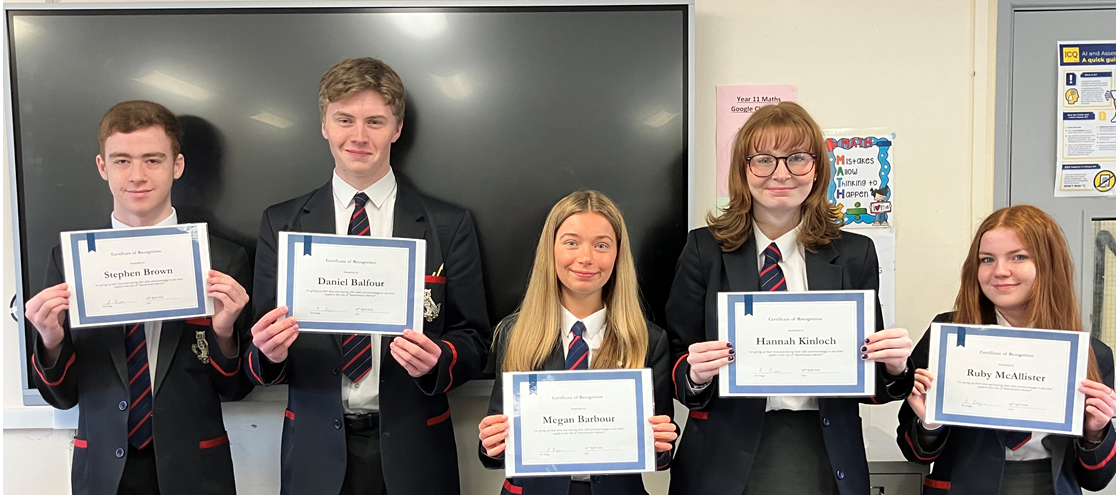
Careers
Mathematics allows further study for a wide range of careers in the Accounting, Finance, Business and Engineering to name but a few.
Related Degrees and Qualifications:
- BSc (Hons) Mathematics (Pure and Applied)
- BSc (Hons) Statistical Mathematics
- BSc (Hons) Applied Mathematics
- BSc (Hons) Actuarial Science and Mathematics
- MSc (Master of Science) Mathematics (Pure and Applied)
Professions Associated with Mathematics:
- Statistician/Researcher (Eg. Sports Statistician)
- Chartered Accountant
- Data Analyst
- Investment/ Finance and Banking
- Teaching
- Engineering
- Quantity Surveyor
- Game designer
- Cyber security Analyst
- Insurance Underwriter
- Supply Chain Management
- And the list goes on….
Transferable Skills Gained from Mathematicians can:
- Investigate and ask questions
- Attention to detail, analyse and think critically
- Applying logic to solve problems and make decisions
- Manage information
- Apply mathematical knowledge to interpret and evaluate evidence
- Observe, communicate and present
Alumni Stories
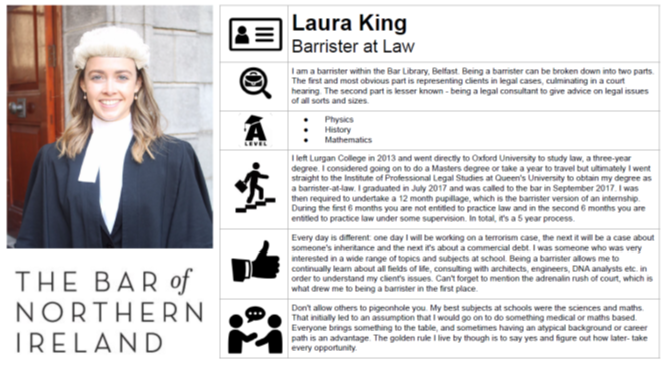
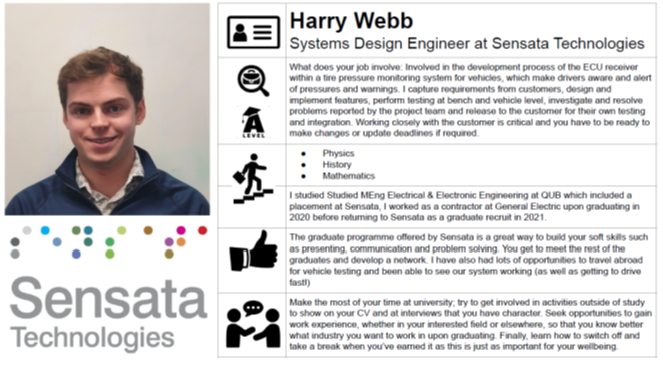
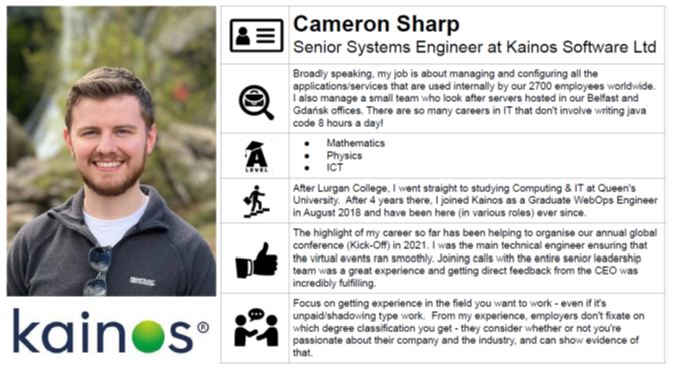
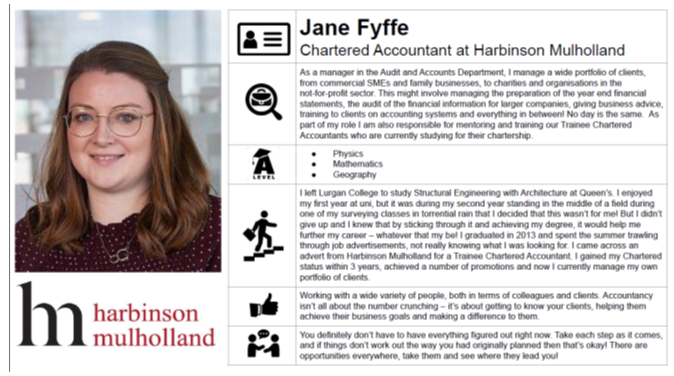

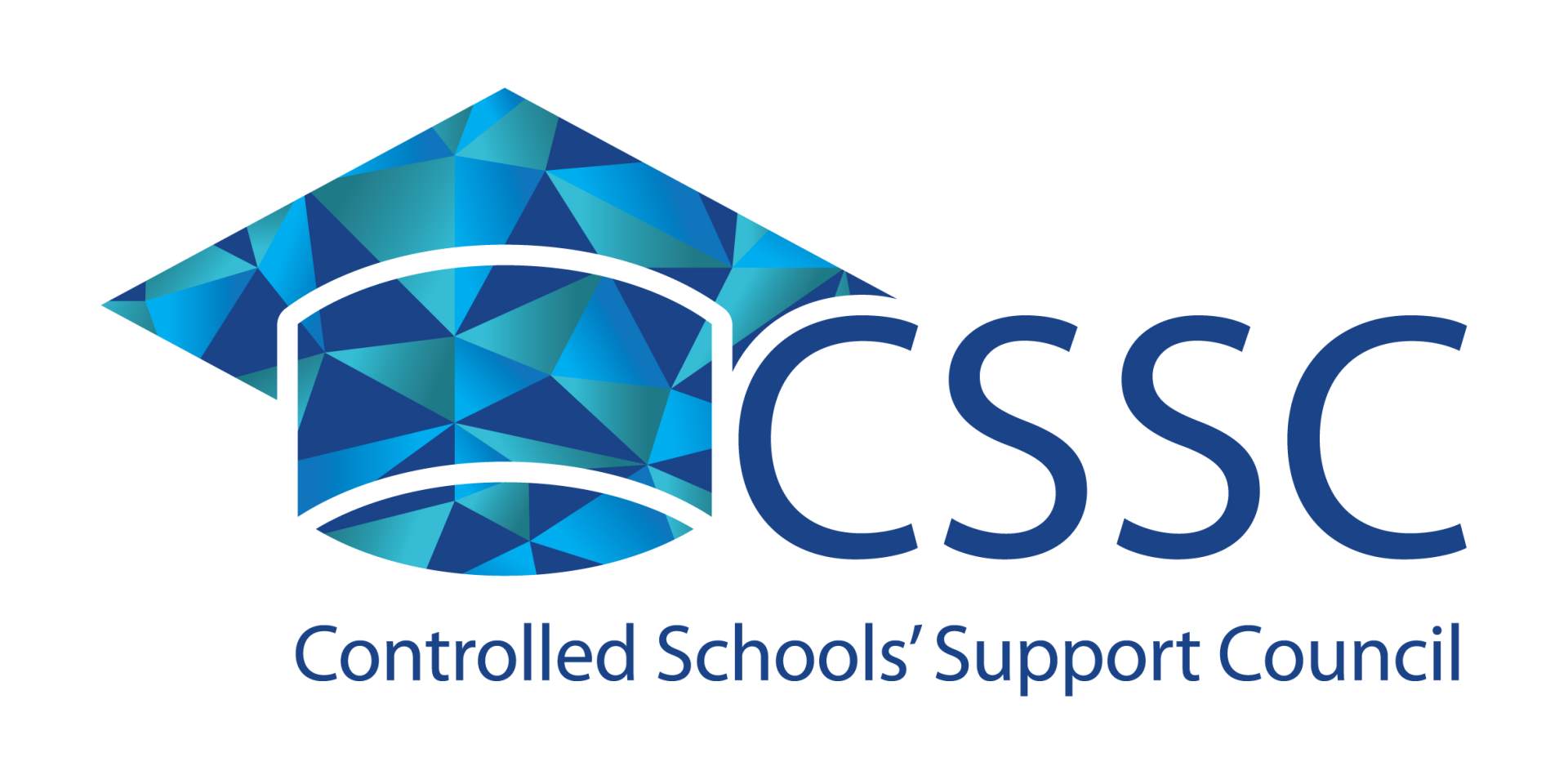
Close
Social Media